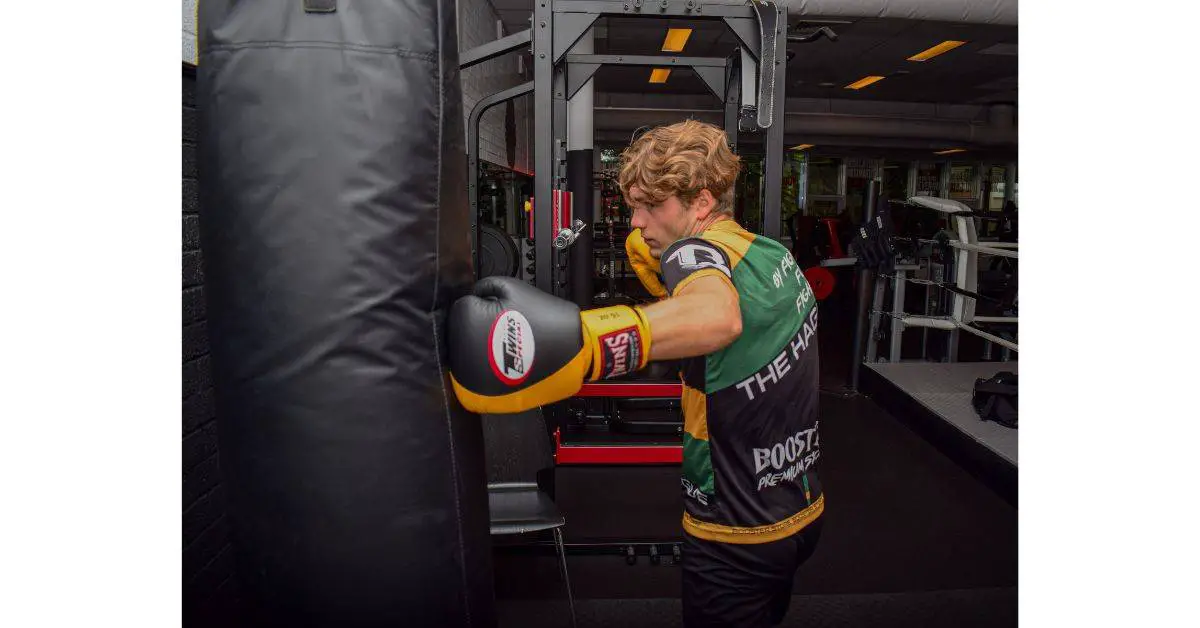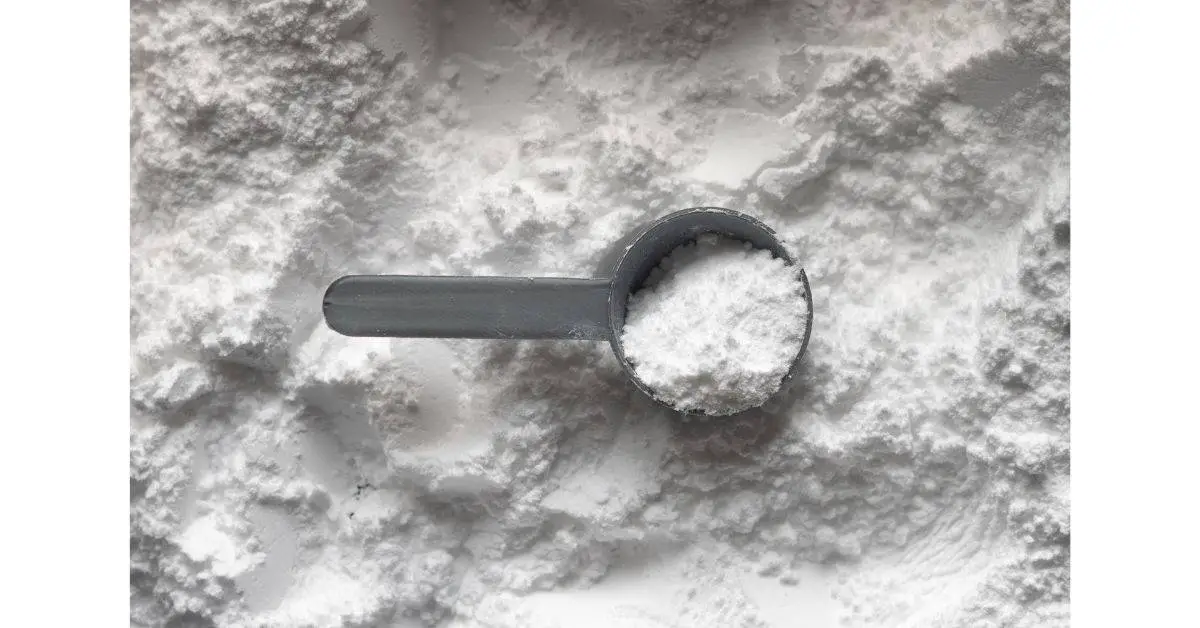Most martial arts are rooted in tradition and boxing is no exception, therefore it does not support the idea of boxers taking supplements. However, in modern times, legal and safe supplements such as creatine have become parts of the lives of most gymnasts, bodybuilders, and pro athletes. So should boxers take creatine?
Boxers should add creatine as an essential supplement in their training. This is because creatine improves athletic performance; increases body mass and improves the muscular strength of a fighter. Likewise, it helps prevent muscle injury, and it speeds up the recovery process after an intense boxing session.
It can also improve the cognitive ability of a boxer.
Creatine is a nitrogenous compound present in living tissue that forms protein metabolism and is involved in the supply of energy to the muscles. It enables boxers to engage in high-intensity training due to increased energy production, thus enhancing their punching power and speed.
Before we dive in, if you want to lose weight through boxing training, follow the link to realize how you can do that too.
The benefits of creatine to boxers
#1. Helps increase body mass
Greater body mass has been linked to muscles that contain more creatine.
Creatine makes the muscles hold onto water, which results in an increase in body mass. Increased muscle Cr concentrations may be linked to alterations in intracellular osmotic pressure, which would cause water to enter cells, cause water retention, and lead to weight gain.

According to one assessment from 2003, “The improvements in body weight reported are probably related to water retention during supplementation,”
It is also feasible that working harder during exercise results in the development of muscle mass.
According to a study conducted by the National Library of Medicine, creatine supplementation increases total body water without altering fluid distribution. (NIH) The researchers linked an increase in body mass to an increase in muscle creatine content.
#2. Increased athletic performance
Because there is some evidence that creatine supplements are useful during high-intensity exercise, athletes frequently utilize them.
The theory behind creatine is that it boosts energy production in the body. Increased muscle creatine content improves performance involving short periods of extremely powerful activity, particularly during repeated bouts. Athletes that have greater energy may exert more effort and accomplish more.
A study published by the Journal of Sports Science and Medicine found that increasing the body’s creatine pool appears to improve performance for exercisers. (JSM)
Creatine “may increase performance involving brief periods of highly strong exercise, especially during repeated bouts,” according to a meta-analysis published in the Journal of Athletics Science and Medicine in 2003.

The supplement creatine increases the impact of resistance exercise on muscle strength and size.
It increases the effectiveness and advantages of high-intensity intermittent speed training.
The supplement enhances endurance during longer aerobic activity sessions (above 150 seconds).
It enhances muscular endurance, power, lean body mass, functionality for daily tasks, and neurological health.
#3. Increases muscular strength
There are very few legal supplements that, when used in conjunction with exercise, may increase muscle growth. Creatine is the most successful and scientifically supported of these.
Creatine is effective for increasing muscle mass and strength. Adenosine triphosphate (ATP) synthesized during prolonged, skeletal muscle tissue with a higher ratio of phosphocreatine to creatine facilitates high-intensity exercise activities when creatine monohydrate is supplemented.
Creatine enhances muscle growth when added to an exercise program. Bench press strength increased, while myostatin levels dropped, which is a protein that prevents muscle cell development.
Additionally, creatine provides advantages for both inexperienced and experienced weight lifters.
In one research of skilled athletes, creatine increased muscular mass by 5.7 lbs (2.6 kg), bicep curl strength by 24 lbs (11 kg), and leg press strength by 70 lbs (32 kg) (19).
According to research, using creatine supplements can also assist women to build strength or toning up. According to the study on women, strength training alone resulted in a 60% higher gain in lean mass.
If you want to learn whether boxers lift weights and whether you should, follow the link to an article of mine on the topic.
Is creatine good for fighters?
Popular supplements include creatine, particularly for weightlifters and bodybuilders.
Creatine is good for fighters as it increases their muscular strength, body mass, and athletic performance. Supplementing with creatine may help athletes recover more quickly from injuries and avoid muscular damage. Creatine will help you display greater speed and power, potentially enhancing punch performance.
Creatine might be beneficial for boxing since it improves strength-based performance.

The usage of creatine may enable the boxer to deliver stronger punches, execute combinations more quickly, and carry himself or an opponent’s weight better. The primary benefit of taking creatine for boxing is similar to the benefit of using it for any activity demanding strength.
Creatine aids in the muscles’ ability to generate the quick energy needed for contraction. The muscle is stronger and can contract more quickly the more immediate energy there is. This equates to lifting more weights in weightlifting; in sprinting, it can mean a faster 200-meter sprint.
Creatine would have an impact on everything strength-related in boxing. Some individuals prefer to think of the physical preparation required for boxing as combining both aerobic and strength training. Despite being oversimplified, this is a valid perspective. Creatine might be beneficial for boxing since it improves strength-based performance.
Creatine might be beneficial for boxing since it improves strength-based performance. The usage of creatine may enable the boxer to deliver stronger punches, execute combinations more quickly, and carry himself or an opponent’s weight better.
If you want to know how often do boxers train for a fight, follow the link to learn all about it.
What supplements do boxers take?
In a sport where poor nutrition and training methods can have major repercussions, a boxer’s health should always come first.
Supplements for boxers comprise calcium, iron, omega 3, probiotics, and vitamin D3. Weight is important in boxing. One needs to get their weight right, whether they are preparing for their initial fight or defending their championship. If one only boxes for cardio, body weight will matter!
Once serum ferritin iron is less than 30 ug/l, iron deficiency can cause fatigue, diminish energy levels, and impair aerobic capacity.
It is recommended that boxers take a high-potency omega-3 supplement with a high EPA/DHA ratio. This is because it may speed up recovery by boosting muscle protein synthesis and alleviating the symptoms of traumatic brain damage.
Boxers that have a significant energy deficit are susceptible to a detrimental calcium balance.
A vital mineral that is required for life is calcium. For children and adolescents, the RDA, recommended daily allowance, is 1000 mg, whereas for grownups it is 700 mg daily. These recommendations are, however, intended for the public, not athletes, and it is thought that they may need greater calcium consumption.

Few people are familiar with probiotics, a relatively new supplement for boxing. According to research, probiotics are essential for both nutritional absorption by the small intestine and immunity. This is one of the major reasons it is crucial that one eats a diverse, high-fiber diet that also includes prebiotics and probiotics.
Prebiotics promote the development of beneficial bacteria, which can enhance digestion and fortify the immune system. Probiotics, on the other hand, are living microorganisms that aid in reestablishing the proper equilibrium of healthy bacteria.
For boxing, vitamin D3 is a crucial supplement. There is growing evidence that vitamin D has many roles in the body. The health of the immune system, the heart, and the muscles are all aided by vitamin D. There is evidence that many athletes are susceptible to vitamin D deficiency.
Final words
Boxers should take creatine as it has immense benefits.
The merits of creatine constitute an increase in body mass, increase in muscular strength, increase in athletic performance, and helps injuries to recover faster. Other supplements that boxers ought to take include calcium, iron, omega-3, probiotics, and vitamin D3.
As a boxer, one should add creatine and the rest of the supplements mentioned above to their diet to increase their punching power and enhance their strength-based performance.
If you enjoyed reading this article, you’ll also enjoy reading the complete guide to what to eat to optimize your boxing progression pace. Do check it out.

